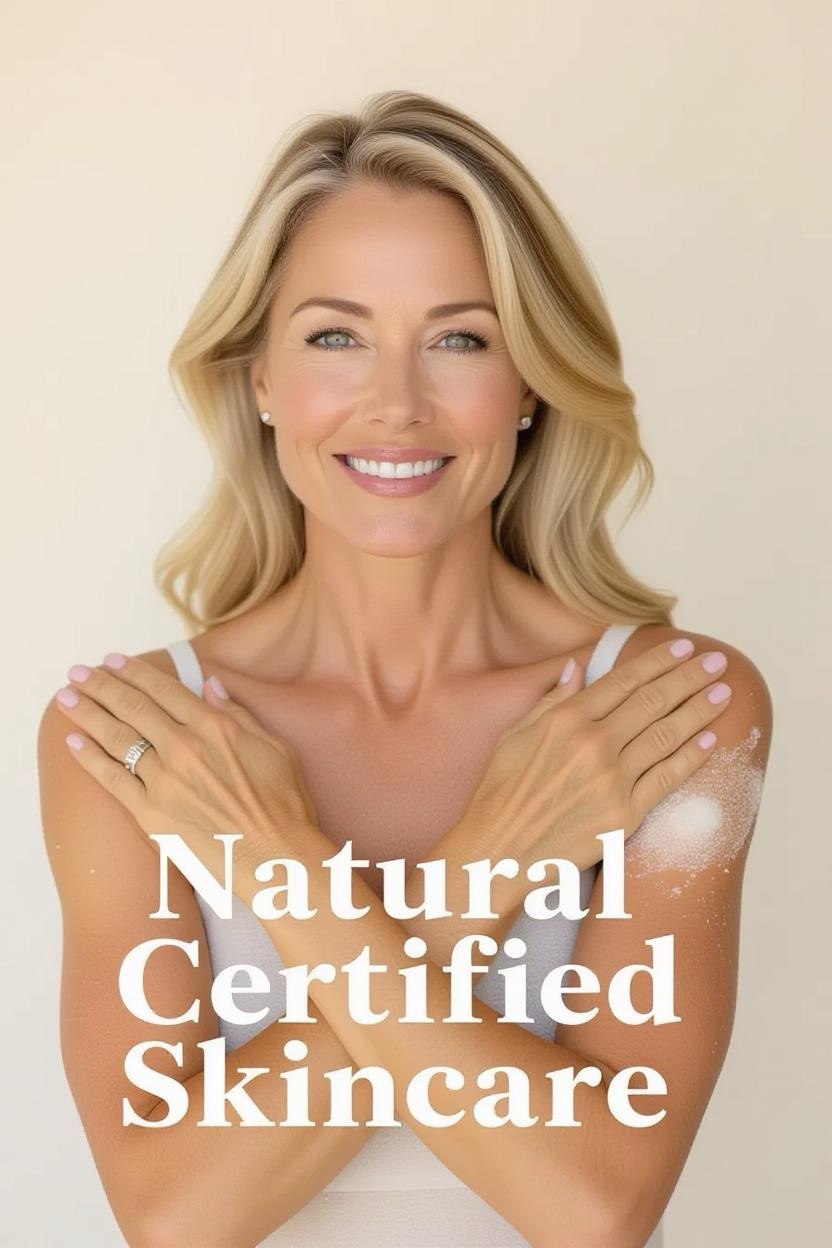
Certified Organic Skincare Products: Health Benefits & Certifications
Share
Discover certified organic skincare products rigorously tested in certified labs for ultimate purity, safety, and effectiveness. Free from toxins like parabens, our sustainable formulas nourish sensitive skin, deliver radiant results, and boost health—trusted by 75% of eco-conscious consumers seeking natural beauty solutions.
In today’s beauty industry across the UK and Europe, consumers are increasingly aware of the ingredients in their skincare products. With the rise of synthetic additives, preservatives, and fillers, it’s crucial to understand the significance of certified organic skincare products. These certifications ensure that products meet stringent safety and quality standards under EU and UK regulations, offering consumers peace of mind and healthier skin.
The Risks of Uncertified Skincare Products
Many skincare products on the market contain unregulated chemicals that can pose serious health risks. Ingredients like parabens, phthalates, and formaldehyde-releasing preservatives have been linked to hormonal disruptions, skin irritation, and even cancer. For instance, studies have shown widespread exposure to potentially harmful substances in everyday cosmetics.
Moreover, terms like “natural” or “organic” are often used without regulatory oversight in the absence of certification, leading to potential misuse and consumer confusion. The EU Cosmetics Regulation and UK’s post-Brexit standards provide some oversight, but this lack of independent verification underscores the importance of third-party certifications to validate product claims.
The Role of Certifications in Ensuring Quality
Certifications act as a reliable indicator of a product’s safety and efficacy. They ensure that products are free from harmful chemicals and are produced under stringent quality control measures. For example, the COSMOS standard provides comprehensive guidelines for Good Manufacturing Practices (GMP) in cosmetics, ensuring consistent product quality and safety across Europe.
Additionally, certifications like “COSMOS ORGANIC” and “ECOCERT” offer consumers transparency regarding ingredient sourcing and environmental impact. These labels help consumers make informed choices, aligning their purchases with personal values such as sustainability and ethical sourcing. Here are key certifications recognized in the UK and Europe:
• COSMOS Organic: The leading international standard for organic and natural cosmetics, developed by European organizations including the Soil Association (UK), Ecocert (France), BDIH (Germany), and ICEA (Italy). For “COSMOS ORGANIC,” at least 95% of ingredients must be of natural origin, with a minimum of 20% organic content in leave-on products (10% in rinse-off). It emphasizes eco-friendly practices, biodegradability, and no petrochemicals.
• Soil Association Organic (UK): The UK’s foremost certification body, one of the founding members of COSMOS. It requires 95% organic ingredients, bans GMOs, animal testing, and synthetic preservatives. Annual inspections ensure traceability from farm to shelf, with a focus on animal welfare and biodiversity. Brands like Neal’s Yard Remedies and Green People are certified here.
• ECOCERT: A French-based certification, often aligned with COSMOS, requiring 95% natural ingredients and 10–20% organic (depending on product type). It promotes sustainable sourcing, fair trade, and recyclable packaging, making it ideal for eco-conscious European consumers.
These certifications are verified by independent auditors with annual inspections of farms and facilities, promoting sustainable practices and reducing environmental impact throughout the EU and UK.
The Benefits of Choosing Certified Products
Opting for certified organic skincare products offers several advantages:
• Safety Assurance: Certified products undergo rigorous testing to ensure they are free from harmful substances.
• Transparency: Certifications require brands to disclose ingredient sourcing and manufacturing processes, fostering trust.
• Environmental Responsibility: Many certifications promote sustainable practices, reducing the ecological footprint of beauty products.
• Skin Health: By avoiding harmful chemicals, certified products help maintain the skin’s natural barrier and prevent adverse reactions.
The UK organic beauty and wellbeing market has seen 11 consecutive years of growth, with sales reaching £138 million in 2021 and projected to continue expanding at around 9% annually through 2030, as 75% of European consumers prioritize natural and organic ingredients for health and sustainability.
Conclusion
In a market flooded with diverse skincare products, certifications like COSMOS, Soil Association, and ECOCERT serve as a beacon of trust and reliability across the UK and Europe. They not only protect consumers from potential health risks but also promote ethical and sustainable practices within the beauty industry. By choosing certified organic skincare products, consumers invest in their health, the environment, and the integrity of the beauty sector. Look for these logos on packaging from brands like The Body Shop or Lush to make empowered choices.
